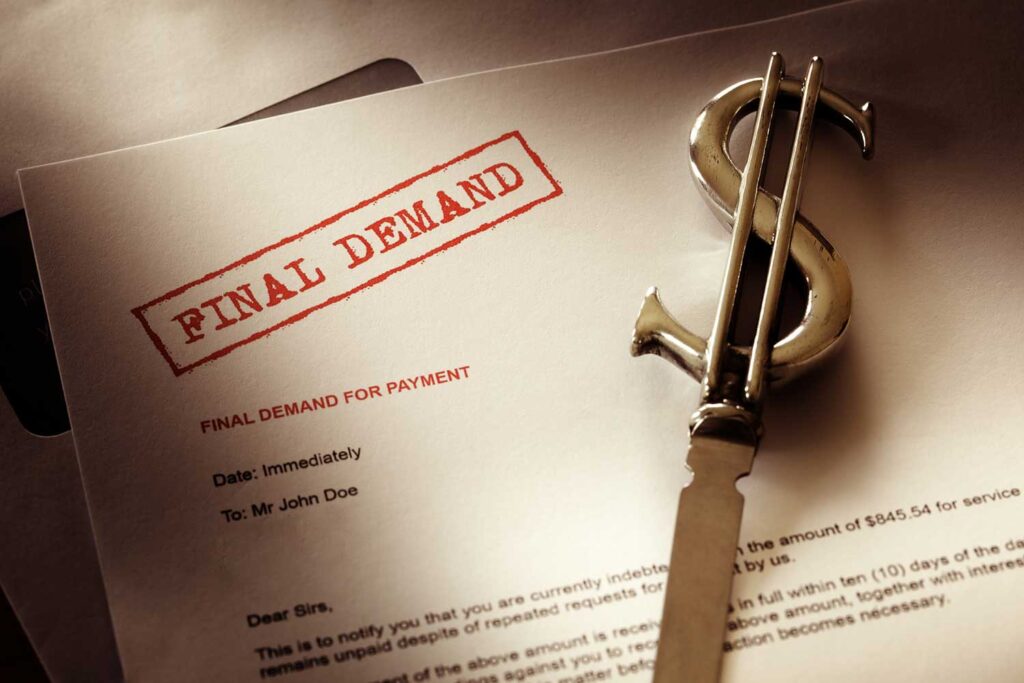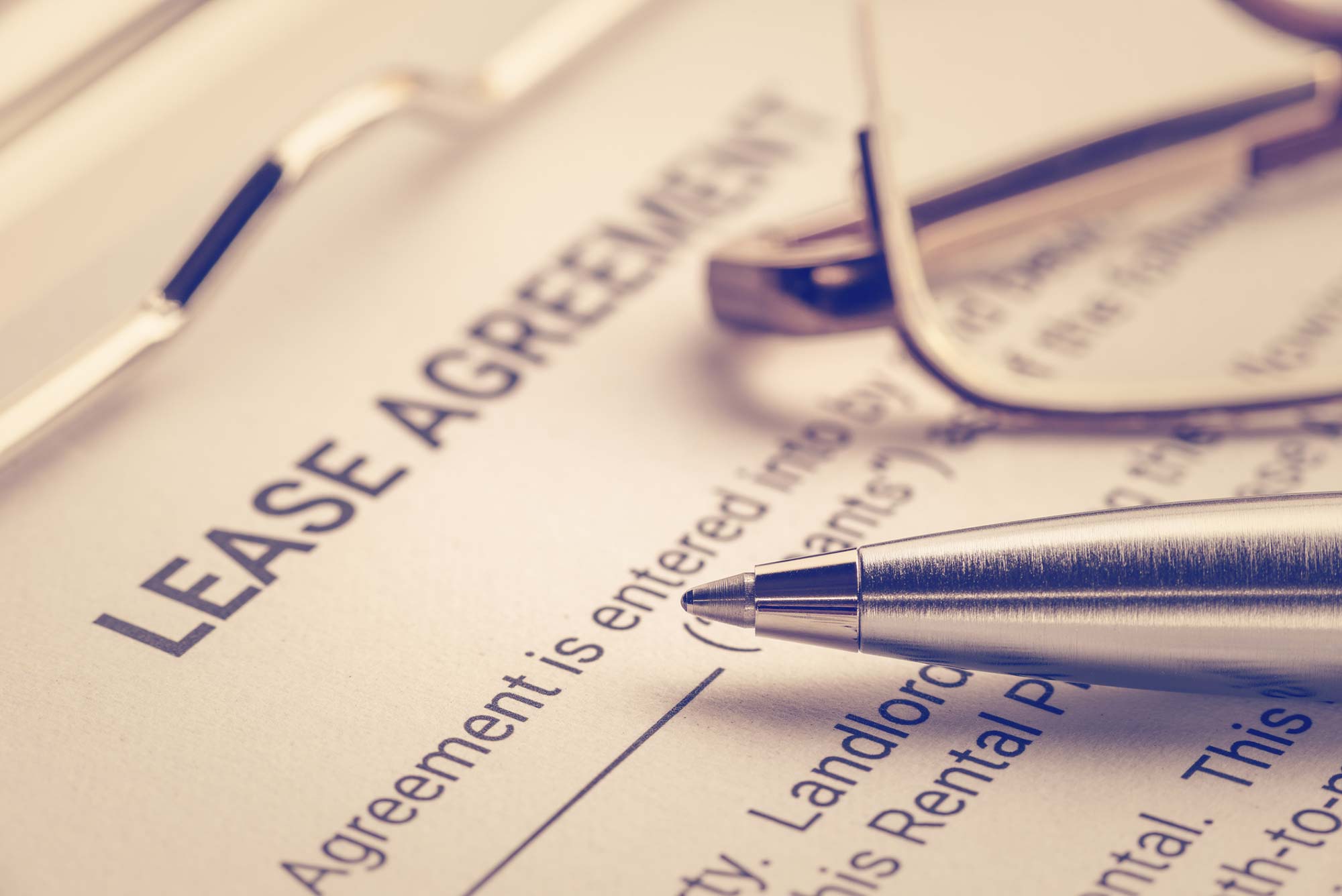A letter of demand is a formal written request for payment of outstanding debts. This is an opportunity to detail the basis of your debt in writing to the other party and provides them with the opportunity to respond before further action is taken.
What should a letter of demand include?
A letter of demand should define:
- the amount owed;
- how the amount is calculated e.g. the amount of an invoice;
- the relationship/transaction etc between the parties that was in place, which led to the outstanding monies being owed;
- details of any further information regarding the payment e.g. an email between the subject parties stating that the third party would pay the invoice in 2 weeks which has now surpassed.
- a time period for payment to be received – typically a short period e.g. 7 days; and
- the next steps if no response or payment is received – generally, legal action may be taken.
When should I send a letter of demand?
Letters of demand usually form part of the standard credit control process implemented by a business (or individual), when reminder notices have been ignored.
Sometimes, a telephone call, email reminder, or even a system-generated overdue reminder is enough to prompt a customer to pay. If a payment is overlooked, an informal approach is always more appreciated by a customer so they can remedy their mistake and we always recommend these methods first before issuing a letter of demand.
Alternatively, if the debtor has indicated their intention not to pay your invoice and their allegations are not warranted, then we recommend that you send a letter of demand immediately.
Why should I send a letter of demand?
A letter of demand gives the recipient a final chance to make payment to prevent the matter escalating further and conveys to them the seriousness of the situation.
A letter of demand represents a cost-effective means of resolving a dispute as opposed to going straight to a formal legal avenue i.e. Court.
Who should the letter of demand be addressed to?
In the case of an individual, the letter should be sent to the person’s postal or email address with a requested “delivery and read receipt”.
In the case of a business or company, a letter of demand should be addressed to “The Proper Officer” of the company and sent to the company’s registered office. Many companies use the office of their accountant or financial advisor as their registered office so we also recommend a copy be sent to the company’s business address or electronically to the business.
Do I need a Lawyer to write a letter of demand on my behalf?
You do not need a Lawyer to write a letter of demand. However, there are several advantages to having a Lawyer draft and send the letter on your behalf, particularly correct drafting and being able to utilise the law firm’s letterhead. This is indicative to the recipient of the gravity with which you are treating the outstanding debt.
A letter of demand can be prepared by one of our Lawyers for a cost-effective fixed fee. To get started, give us a call on 1300 224 828 or you can send an enquiry through our contact form here: https://hunterlegal.com.au/contact/




